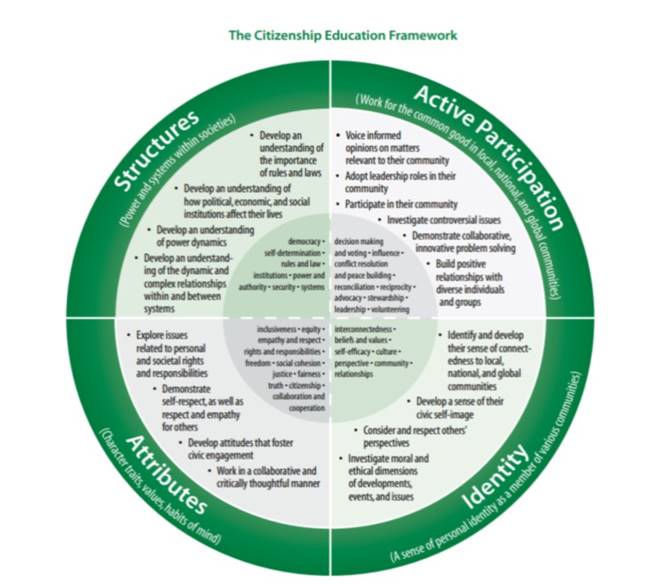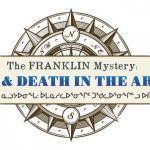
Spring 2021
Many of our members know that we put on an annual conference, we put on summer institutes in partnership with the Ontario Federation of Teachers, we share helpful content on our website, blog, and social media channels, and we now offer monthly webinars to connect us all more regularly. Did you know that one of OHASSTA’s main roles is also to give feedback to the ministry of education and to participate in curriculum review? If you’ve joined in the last couple of years, you might not know this, since our association has had almost no contact or communication with the Ministry of Education since 2018. These last few years have been frustrating for all of us, and not being able to communicate with the ministry was especially challenging for OHASSTA.
The good news is that this state of affairs seems to be changing. We, along with many other subject associations and stakeholders were asked to give feedback to the ministry on the Civics and Citizenship course. We were given a very short timeline and a very short survey in which to give our response. We worked with several other subject associations and stakeholders to amplify each others’ voices. In particular, we met with a representative from the First Nations, Métis and Inuit Education Association of Ontario and worked together to make sure that our feedback strengthened each others’ messages. We also supported the FNMIEAO in their approach to not answer the survey at all and only write a letter to the ministry.
Democracy relies on citizens engaging with the democratic process, and if they do not, our democracy will fail.
OHASSTA
While we felt that we could answer the survey questions, we also felt that there were larger issues that were not adequately being captured by the survey questions, so we wrote a letter to address our concerns about the process, and the lack of real engagement with First Nations, Métis and Inuit educators and communities so that we can respond to the Truth and Reconciliation Calls to Action. We also highlighted that there have been more updates to the Canadian and World Studies curriculum in the last decade than any other curriculum document, yet CWS teachers have largely had little training or resources to implement these changes, let alone systematic, province-wide support to implement them.
The other main issues that we highlight in the letter are the placement of the course, the length of the course, the staffing of the course, and the lack of any Additional Qualification programs to support teaching Civics. As we know, teaching political subjects in a non-partisan way and engaging students in our democratic systems is no easy task, and without a specific qualification required, it is often given last priority in staffing decisions, frequently resulting in stress for teachers and poor outcomes for students.
We also answered the Ministry of Education’s questions in their survey and we are including our answers here for our members. I hope that by sharing these here, we will open up a conversation in our community of teachers. OHASSTA is a great place to ask ourselves the bigger questions: Is my curriculum serving my students? What systems are creating inequities for my students and my colleagues? How might we work together to help our students become truly active and engaged citizens?
Join us on social media or send us your thoughts through the Contact Us form to carry on the conversation. There will be curriculum writing this summer, and OHASSTA plans to be at the table. The Ministry Call for Writers is out and the deadline is June 4th. We urge you to apply if you would like to be part of the process.


